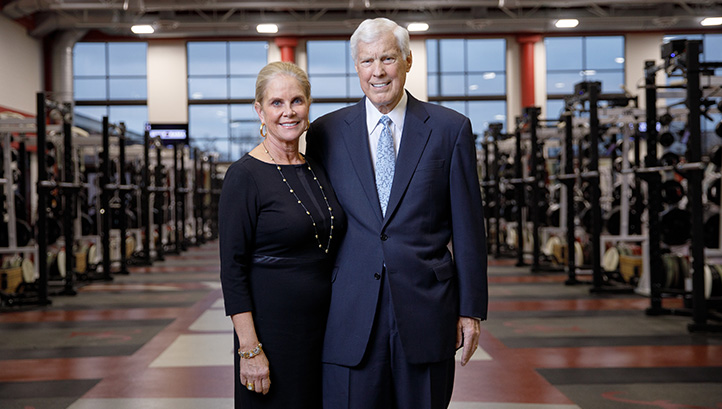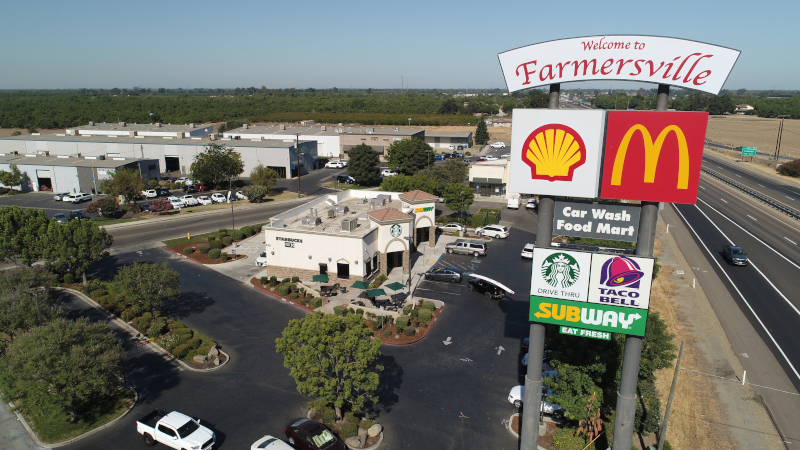Reginald Vines Tuscaloosa al

In the heart of Tuscaloosa, Alabama, lies a story deeply rooted in resilience, community, and unwavering determination. It’s a tale that revolves around one man whose name echoes through the corridors of history – Reginald Vines. While many may not recognize the name outside the local sphere, within Tuscaloosa, Reginald Vines is celebrated as a symbol of hope, progress, and the embodiment of the human spirit’s triumph over adversity.
Reginald Vines was born and raised in Tuscaloosa, Alabama, in a time marked by segregation and racial discrimination. Growing up in the 1950s and 1960s, Vines experienced firsthand the injustices and inequalities that plagued his community. However, instead of succumbing to the pervasive despair of the era, Vines chose to channel his energy into creating positive change.
Vines was a trailblazer in the civil rights movement, advocating for equality, justice, and the empowerment of marginalized communities. He marched alongside iconic figures like Martin Luther King Jr. and Rosa Parks, lending his voice to the chorus of those demanding an end to segregation and racial oppression. His unwavering commitment to the cause earned him respect and admiration from both allies and adversaries alike.
But Vines’ contributions to his community extended far beyond the realm of civil rights activism. He was also a passionate educator, dedicated to nurturing young minds and providing them with opportunities for growth and development. Vines firmly believed in the power of education to break down barriers and transform lives, and he dedicated himself wholeheartedly to this noble pursuit.
In the 1970s, Vines became a prominent figure in the local education system, serving as a teacher and later as a school administrator. His impact was profound, as he worked tirelessly to create an inclusive and nurturing environment where all students felt valued and supported. Vines’ commitment to academic excellence and social equity helped shape the futures of countless young people in Tuscaloosa, instilling in them a sense of pride, purpose, and possibility.
Outside the classroom, Vines was also a champion of economic empowerment and community development. He recognized the importance of creating economic opportunities for underserved populations, particularly within the African American community. Vines was instrumental in establishing various initiatives aimed at fostering entrepreneurship, job training, and economic revitalization in Tuscaloosa’s historically marginalized neighborhoods.
One of Vines’ most enduring legacies is his role in the revitalization of downtown Tuscaloosa. In the face of urban decay and neglect, he spearheaded efforts to breathe new life into the city’s core, advocating for investment in infrastructure, cultural amenities, and small businesses. Through his leadership and vision, downtown Tuscaloosa underwent a remarkable transformation, evolving into a vibrant hub of commerce, culture, and community engagement.
Today, the impact of Reginald Vines’ legacy can be seen and felt throughout Tuscaloosa, from the bustling streets of downtown to the halls of its schools and institutions. His spirit lives on in the countless lives he touched and the enduring principles he stood for – equality, justice, and the relentless pursuit of a better tomorrow.
But perhaps the true measure of Vines’ legacy lies not in the accolades and honors he received during his lifetime, but in the lives he inspired and the change he catalyzed. His story serves as a reminder that one person, armed with courage, compassion, and conviction, can indeed make a difference in the world.
Conclusion
As Tuscaloosa continues to evolve and progress, it does so on the sturdy foundation laid by trailblazers like Reginald Vines. His legacy serves as a guiding light, illuminating the path forward and inspiring future generations to carry on the work of building a more just, equitable, and inclusive society.
Reginald Vines’ story is not just a local tale but a universal testament to the transformative power of resilience, community, and the unwavering belief in the inherent dignity and worth of every human being. As we reflect on his life and legacy, may we be inspired to honor his memory by continuing to strive for a world where justice, equality, and opportunity are not just ideals but lived realities for all.





